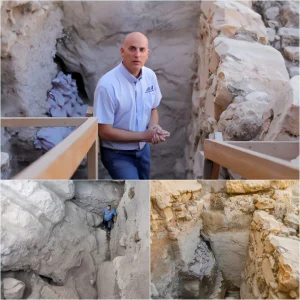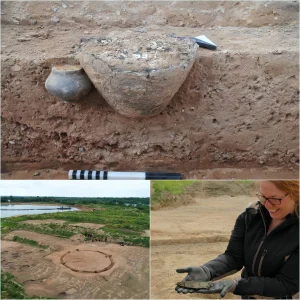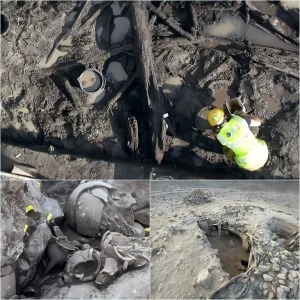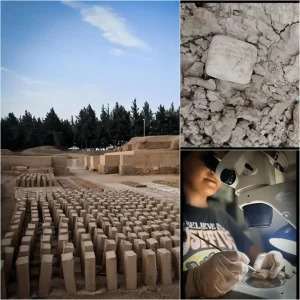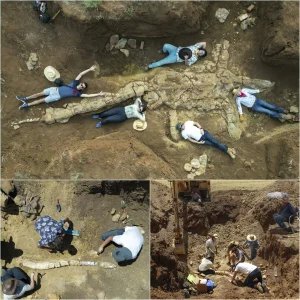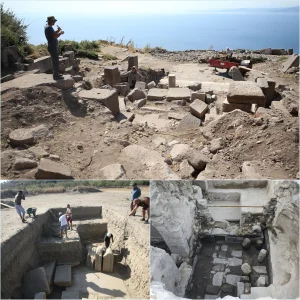The 2024 expedition to the Antikythera wreck, led by the Swiss School of Archaeology in Greece (ESAG) and supervised by the Ephorate of Underwater Antiquities of the Hellenic Ministry of Culture and Sports, has achieved a groundbreaking milestone in the ongoing research program from 2021 to 2025. Under the co-direction of Professor Lorenz Baumer from the University of Geneva (UNIGE) and Dr. Angeliki G. Simosi, the team has made significant discoveries due to exceptionally favorable weather conditions during their expedition from May 17 to June 20, 2024.
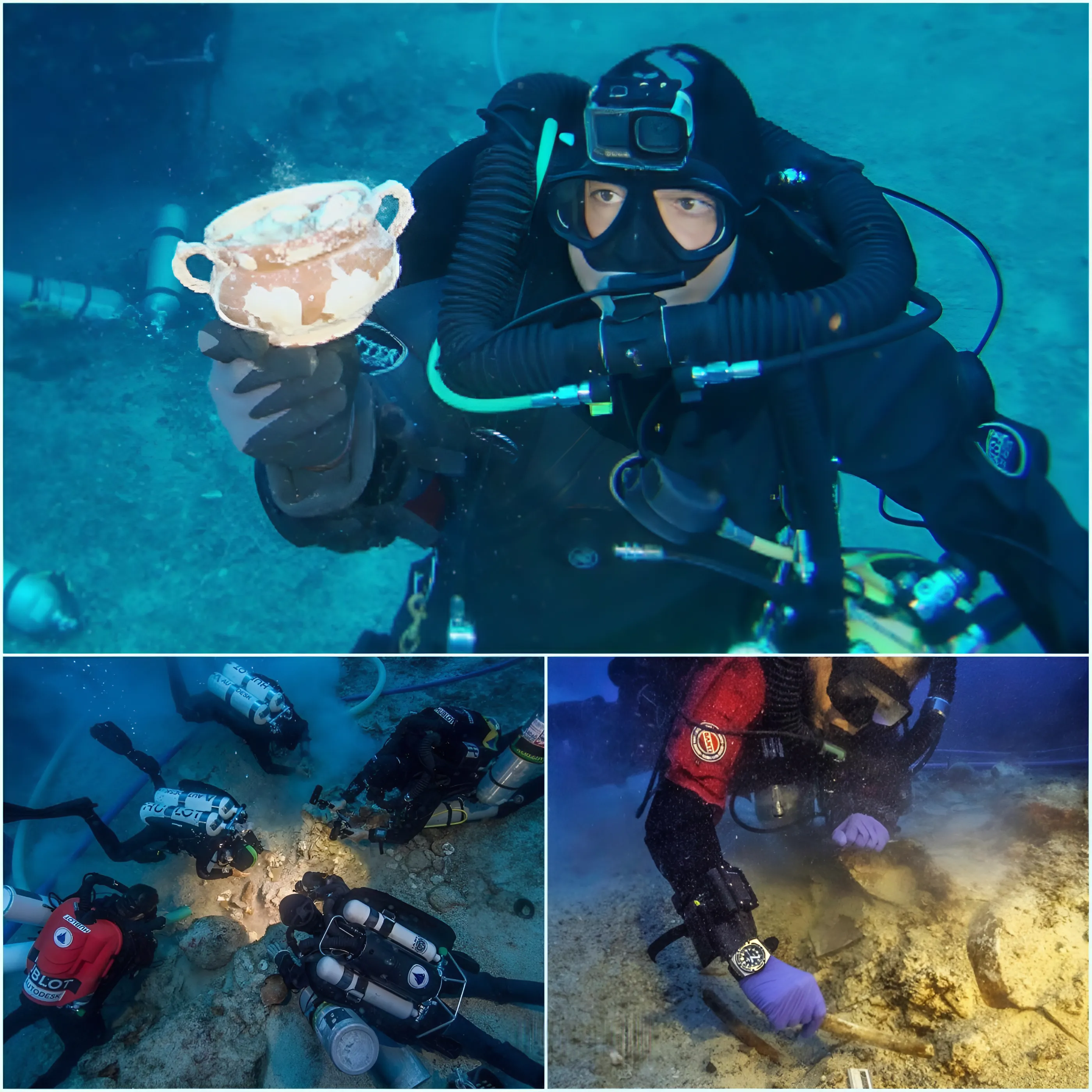
The most notable find of the year is a well-preserved structural portion of the ancient ship’s hull. This segment includes original fasteners and external protective coating, with planks and frames still intact and attached in their original positions. This discovery suggests that the ship was constructed using the “shell first” method, where the hull was built with boards first before installing the internal ribs—an approach opposite to modern shipbuilding methods.
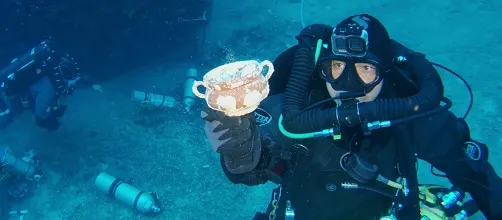
Professor Baumer emphasizes that this find provides crucial insights into the construction techniques of the ancient ship, which were previously unclear. It also helps in pinpointing the precise location and orientation of the wreck, shedding new light on the site’s historical significance.
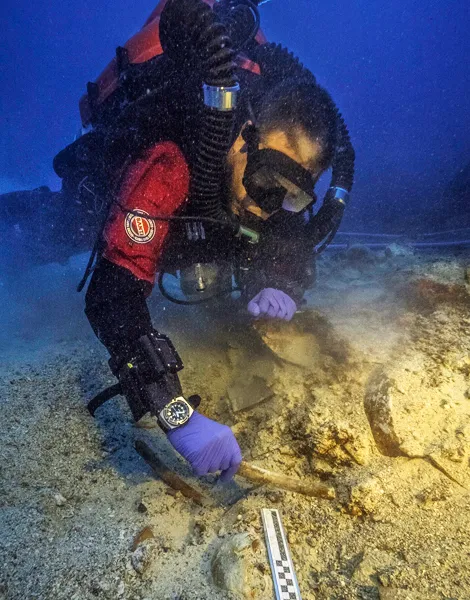
Moreover, the systematic scientific approach adopted during this expedition represents a departure from earlier explorations, which were more sporadic and conducted primarily by sponge divers since its initial discovery in 1900. Previous excavations had raised questions about whether multiple ships were involved in the ancient tragedy, the circumstances of the shipwreck, and the discovery of human remains. The 2024 research has started to address some of these long-standing inquiries.
Additionally, the expedition confirmed the presence of a second wooden vessel in a separate area of the wreck site, marked by a concentration of pottery similar to the main site. This finding underscores the richness and complexity of the underwater archaeological landscape at Antikythera.
Overall, the 2024 expedition marks a significant step forward in our understanding of the Antikythera wreck, offering unprecedented insights into ancient maritime history and promising further revelations as analysis of the findings continues.
